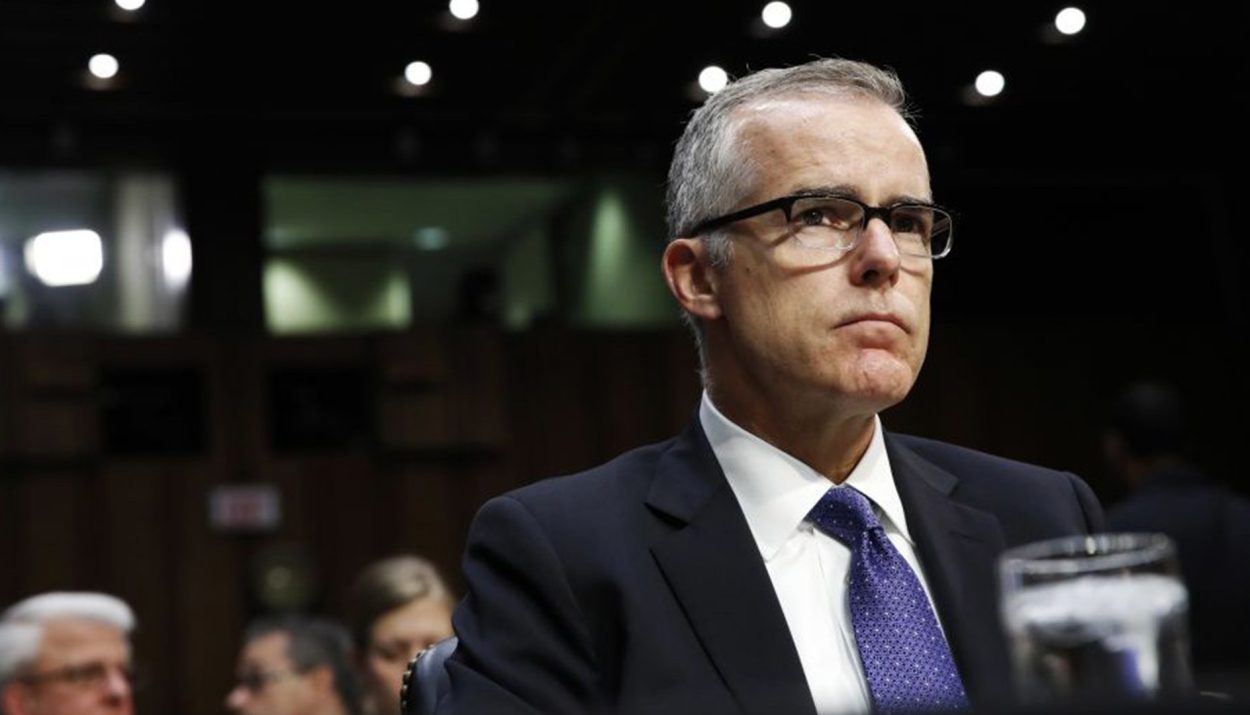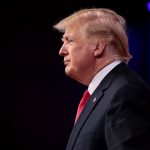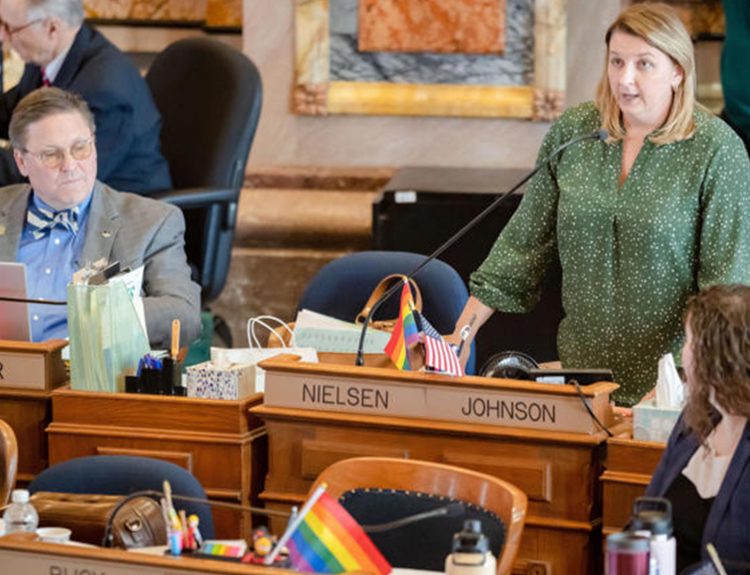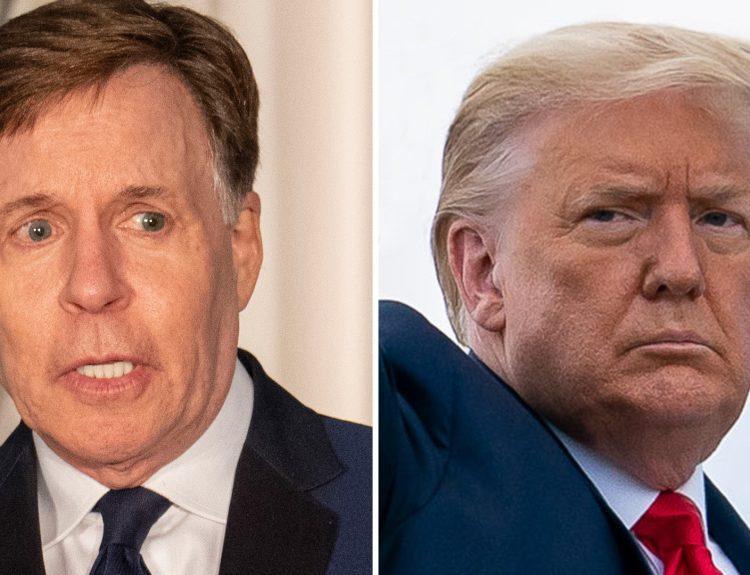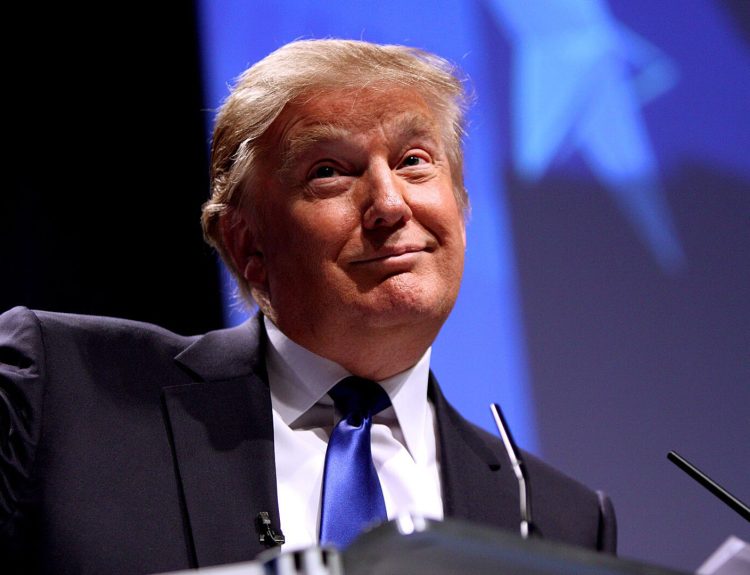Former FBI deputy director Andrew McCabe pulled no punches when comparing the recent classified documents probe into President Biden to the Hillary Clinton email investigation from 2016. His sharp words raise serious questions about consistency and trust in the Justice Department.
McCabe Takes Issue With Special Counsel’s Report
Andrew McCabe harshly critiqued special counsel Robert Hur’s decision to not charge President Biden over the classified documents scandal. McCabe suggested Hur was trying to “even out the scales” due to the lack of charges against Hillary Clinton back in 2016 for her mishandling of sensitive emails. McCabe took issue with the logic and rhetoric Hur used in explaining his conclusion in the report, which has political pundits drawing more comparisons to James Comey’s public comments on Clinton in 2016 right before the election.
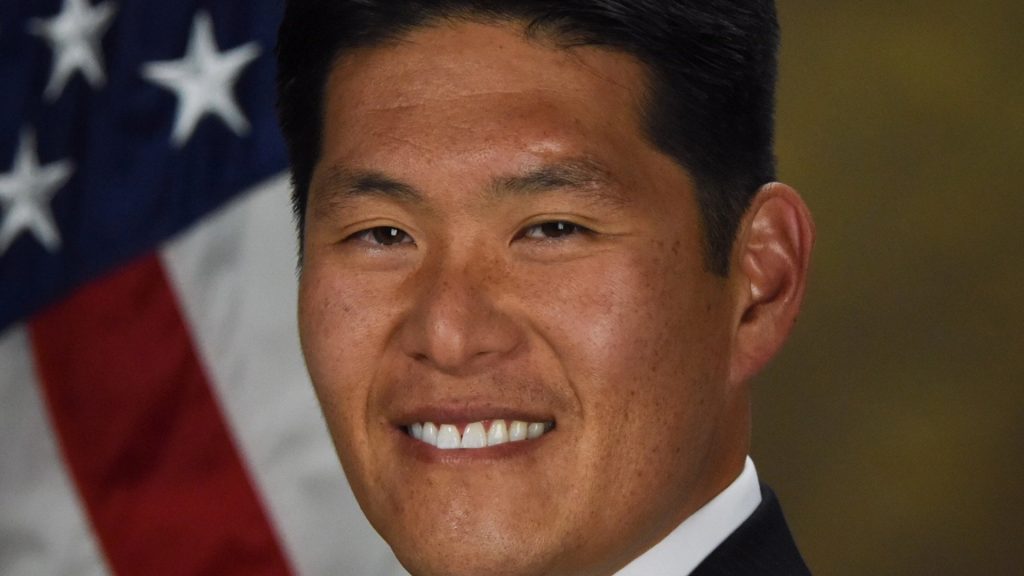
Comey declined to recommend charges against Clinton but faced criticism for simultaneously slamming her handling of classified intel as “extremely careless.” McCabe believes Hur repeated this mistake with Biden – fueling skepticism by verbally admonishing the president while legally letting him off the hook.
Report Slammed As Playing To Frustrated Audiences
The former FBI deputy director believes Hur’s report was crafted in a way that would appeal to audiences frustrated by the lack of charges against Biden, despite clear evidence of recklessness and mishandling of highly classified White House documents.
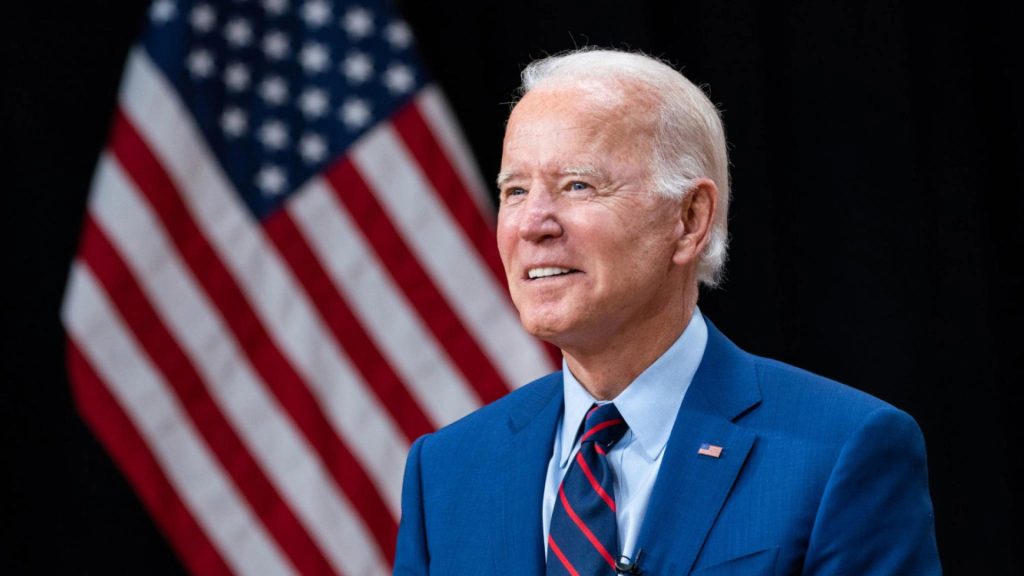
McCabe suggested it mirrored what happened in 2016 with Clinton, where Comey was seen as trying to “play to” crowds that were extremely critical of letting Hillary completely off the hook for her brazen email issues. The similar circumstances and rhetoric are raising eyebrows about whether justice is being fairly applied.
Comey’s 2016 Announcement Crossed The Line
While not recommending any charges against Clinton in 2016 despite her clear mishandling of classified intelligence, McCabe believes Comey made a crucial mistake in his public criticism of Hillary’s “extremely careless” behavior regarding the emails.
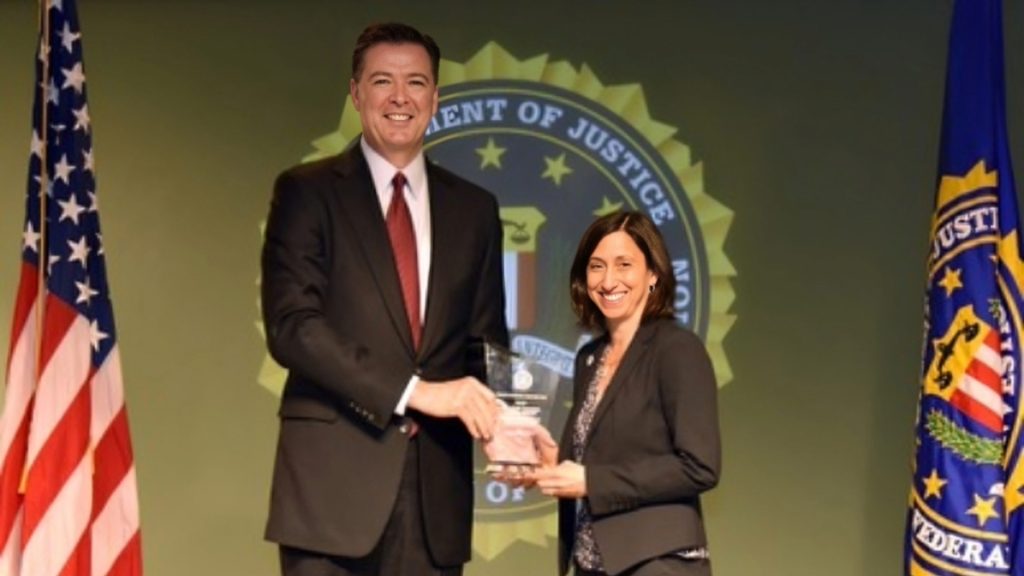
McCabe now says those comments likely violated DOJ policy by unfairly slamming someone who wouldn’t face prosecution. He admits he should have worked harder to convince Comey not to use such charged rhetoric that would only fuel political attacks.
McCabe Suggests Comey Erred In Clinton Case
When asked directly by CNN anchor Kaitlan Collins if Comey was in error back in 2016 regarding the Clinton email probe announcement right before the election, Andrew McCabe told her unambiguously that his former boss did make serious missteps in handling the situation.
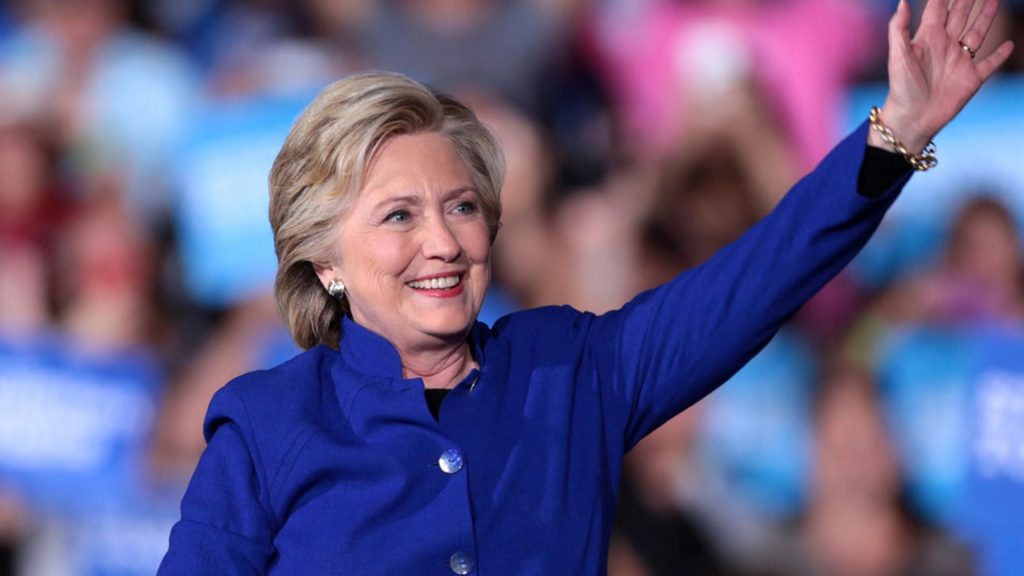
Despite working very closely with Comey on the sensitive case and even personally reviewing his planned remarks, McCabe now firmly believes the former director should never have publicly criticized Hillary to that extent while still not bringing any criminal charges against the then-Democratic nominee.
October Surprise Damaged Clinton’s White House Hopes
Andrew McCabe also reflected on how incredibly impactful Comey’s October 2016 letter reopening the Clinton investigation was political, calling it a massive “October surprise” right before the presidential election.
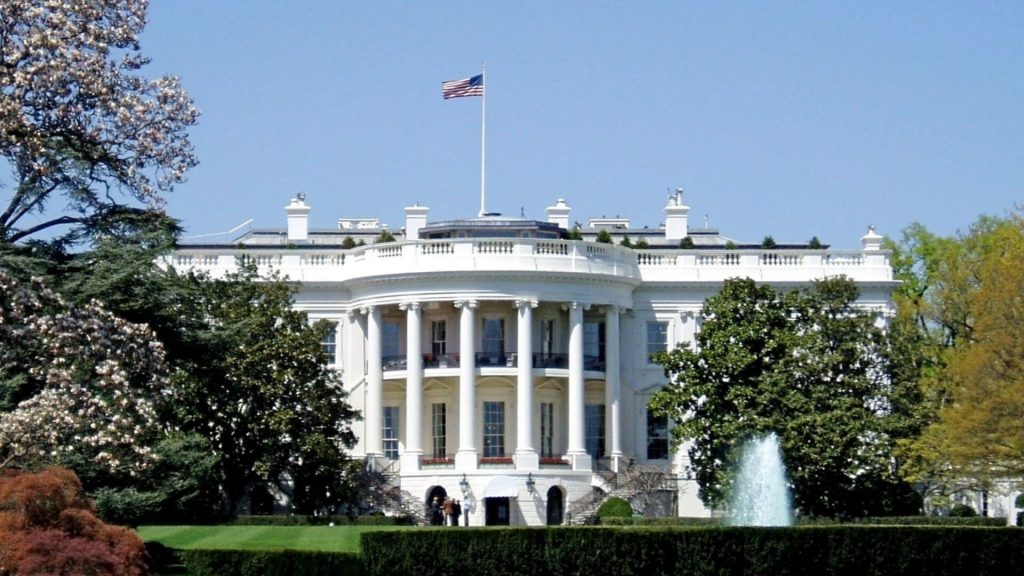
Many top Democrats still argue fervently that the shock of that surprise made Clinton look suspicious and untrustworthy all over again, critically damaging her chances to defeat Donald Trump as the favored Democratic nominee.
Two Days Of Damage Done Before Election
So when Comey told Congress two days before Americans went to the polls for the 2016 election that he didn’t have substantial new evidence to reverse the decision to not charge Hillary Clinton for her emails, the political damage to her campaign was already done.
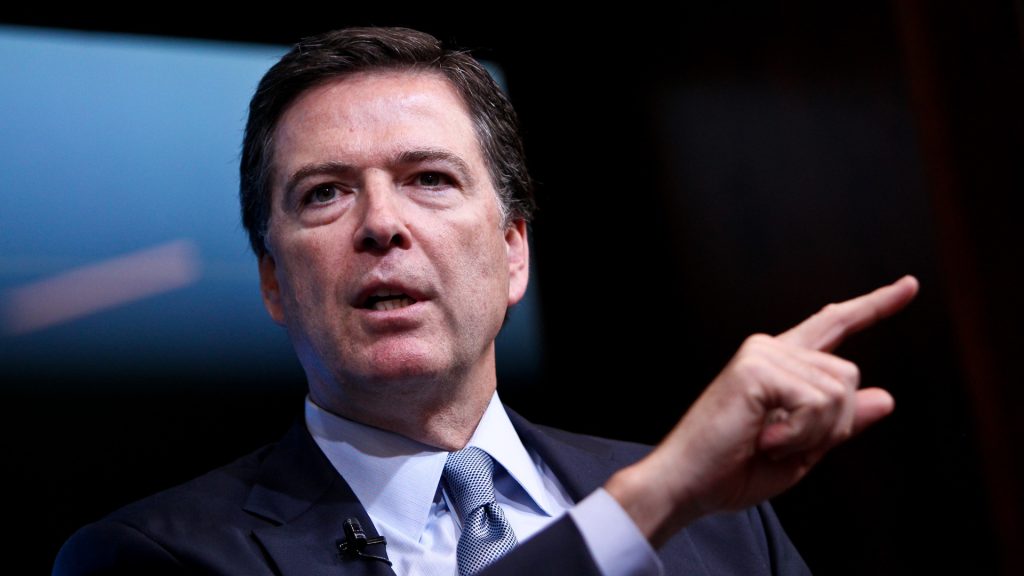
Clinton was widely seen as the clear favorite to capture the White House but then narrowly lost several key swing states to hand Trump an improbable Electoral College victory. Many experts and analysts argue Comey’s inflammatory letters had already cost her the presidency.
Raising Concerns Over Biden’s Fitness For Office
Just as Clinton’s careless email scandal raised grave doubts over her judgment and viability as a candidate in 2016, McCabe argues the recent Biden classified documents probe has renewed equally serious questions about the president’s fitness to serve in office.
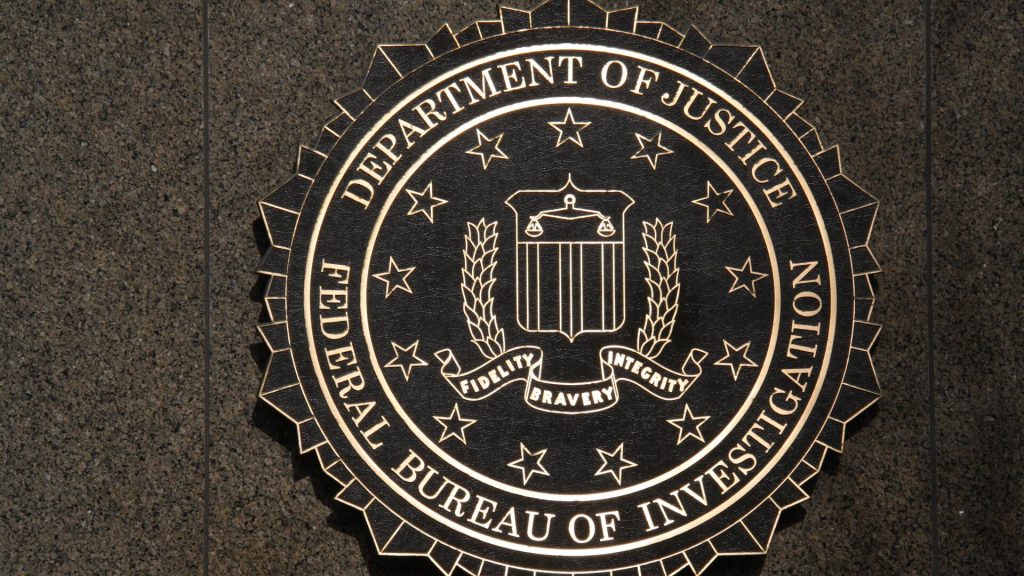
Specifically, the “hazy memory” and inability to recall key details described by Hur in the special counsel report has led to a rising tide of uncertainty about the 81-year-old Biden’s mental sharpness and capacity as he launches his campaign for reelection in 2024.
Debate Intensifies Over Biden’s Sharpness
With Biden expected to face Donald Trump yet again in a 2024 rematch, this embarrassing classified documents debacle has significantly intensified the debate over whether the incumbent president still truly has the alertness, stamina, and sound decision-making required to meet the intense demands of the job at his advanced age.
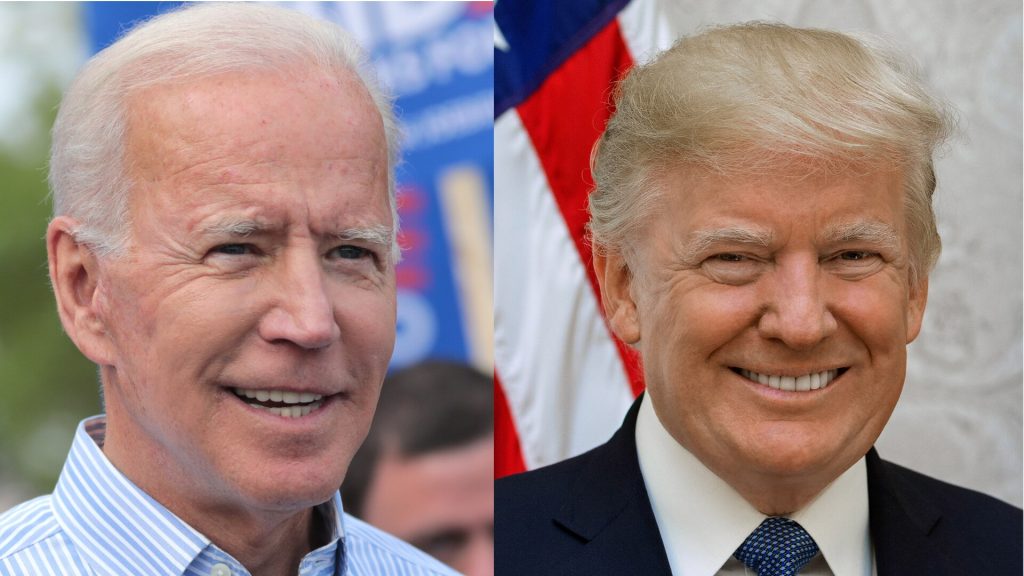
Between Hur’s revelations about Biden’s cloudy recollections and the president’s occasional verbal stumbles in speeches, growing doubts continue to plague his candidacy even as Trump aggressively seizes on the issue as a point of sharp contrast ahead of their historic grudge match.
McCabe Draws Clear Parallel To Clinton Case
In the end, former FBI deputy director Andrew McCabe left little doubt about his view that the entire Biden classified documents investigation has followed a path eerily – and nauseatingly – similar to Hillary Clinton’s email scandal probe in 2016.
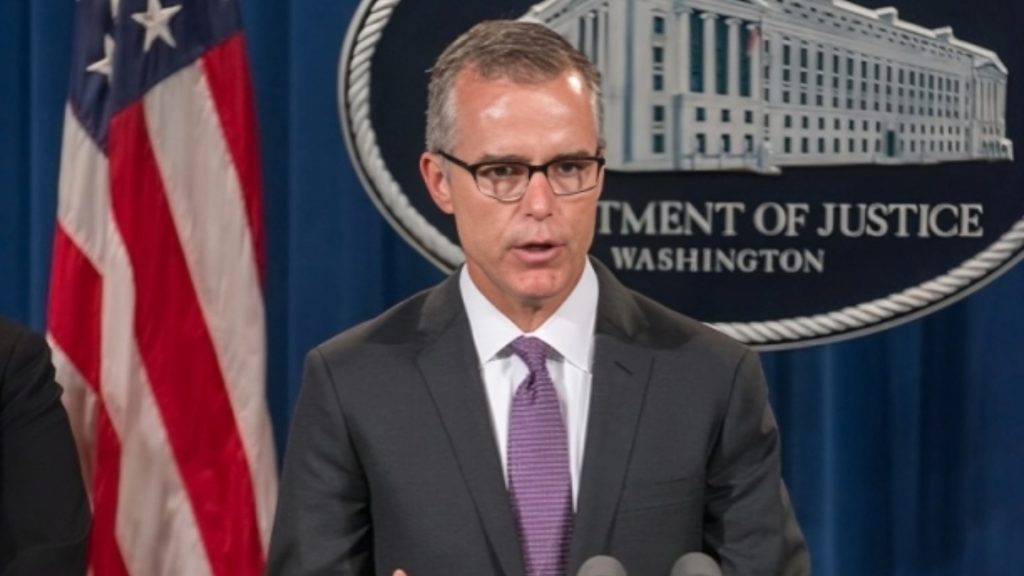
From the language used in the conclusions to the resulting political impact on a vulnerable presidential candidate, McCabe made his feelings abundantly clear that the Biden document debacle carries uncanny echoes of what happened to Clinton.
Familiar Territory With Clear Differences
However, while both Clinton’s careless email habits and Biden’s improper retention of classified files created massive political storms right before the elections, the sensitive documents and intelligence itself likely represent different levels of potential national security risks.

Regardless, the Justice Department’s clear difficulty in prosecuting prominent senior leaders seems consistent in both instances of rule-breaking, raising continued cries of outrage, cover up conspiracies, and an overall erosion of institutional trust.

